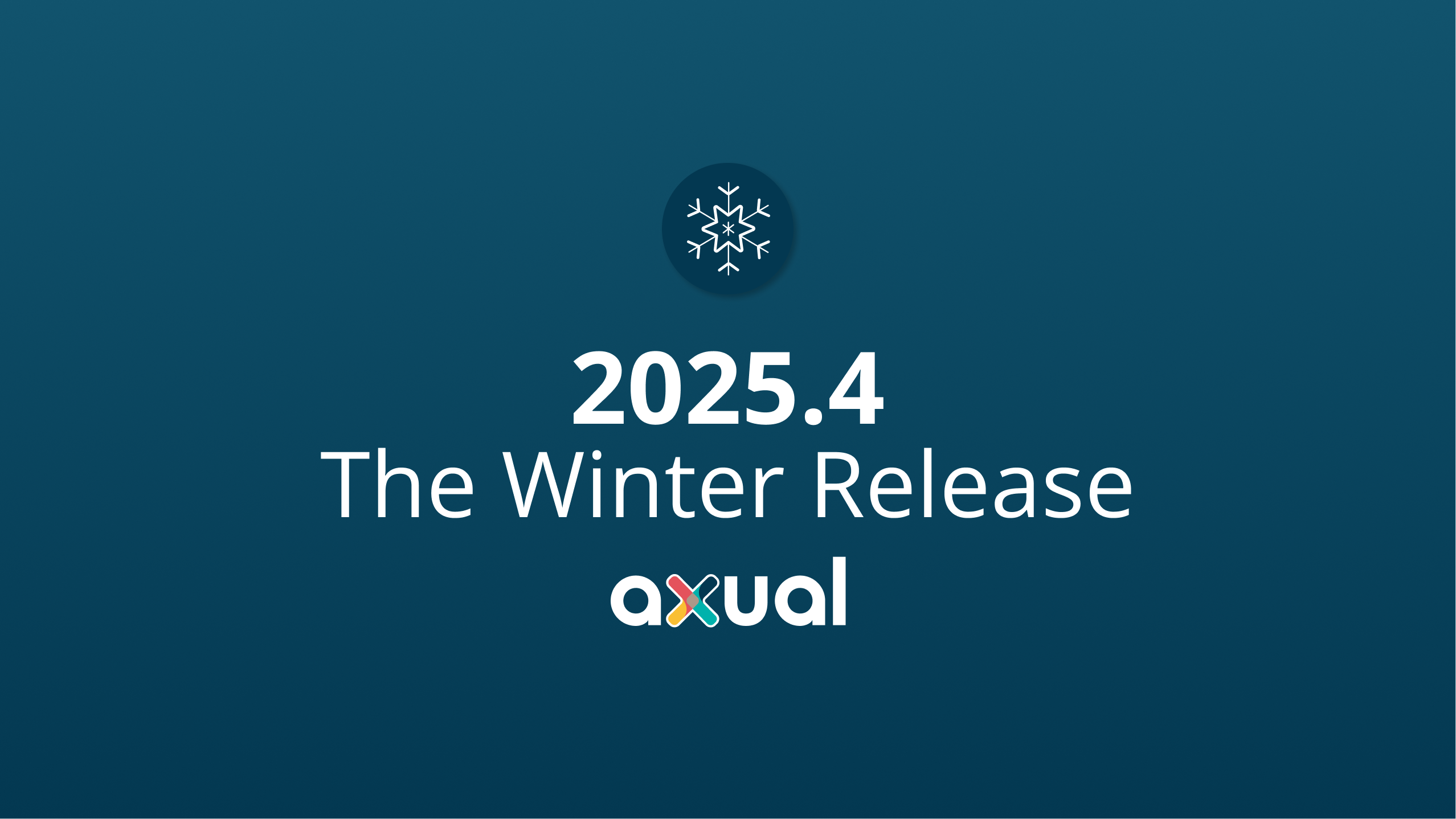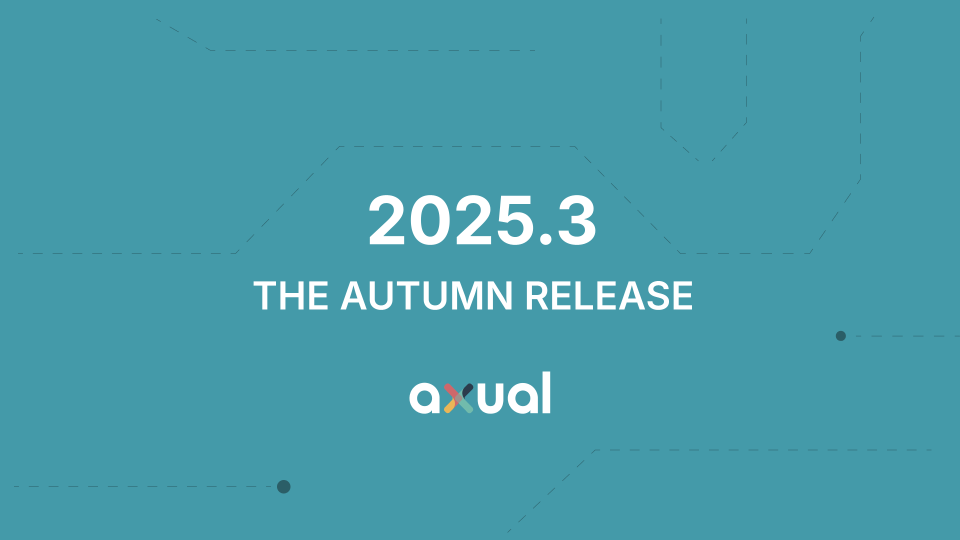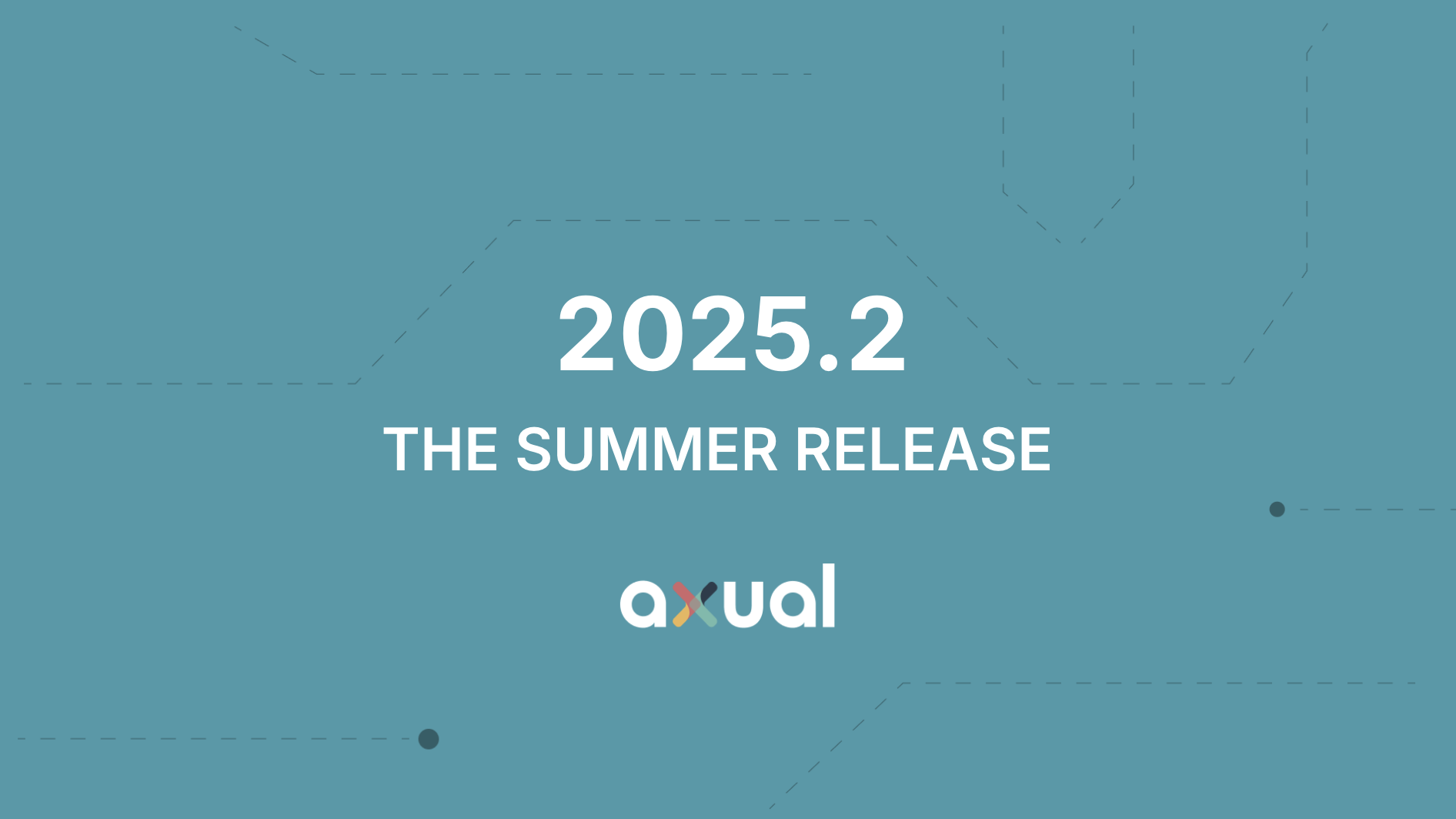On this page
We’ve entered the third quarter of the year and we are excited to announce Axual third update of the year, Release 2020.3. And in the following video, our CTO Joris Meijer will explain all the details.
Axual Release Update 2020.3
What does Axual 2020.3 include?
Deploying Axual on Kubernetes
As of 2020.3, we support the package manager named helm, which helps you to manage Kubernetes applications and which helps with the deployment of the platform. Axual Operator plays a crucial part in setting up and delivering a fully functional platform.
HTTP Sink Connector
From release 2020.2 we introduced the new feature Connect. For this release we’ve worked on its stability and also we are proud to announce the release of a brand new connector: HTTP sink connector. This can be used to push new messages on a Kafka topic to any HTTP endpoint that is able to handle the payload
Axual Python Client
Considering the wide popularity of Python, we are proud to announce the alpha release of Axual Python client which will allow you to set up a connection to Axual platform to leverage the advantages of Python for streams of events.
Of course, the latest release contains much more updates to improve the usability, security and stability of the product. You can read more about this in our online documentation.
Conclusion
Now, you’ve seen how you can use helm to manage Kubernetes and the new connector added to our Connect feature. In the video demo we introduced the main points but everything is available in our online documentation.
Answers to your questions about Axual’s All-in-one Kafka Platform
Are you curious about our All-in-one Kafka platform? Dive into our FAQs
for all the details you need, and find the answers to your burning questions.
Related blogs

Axual 2025.4, the Winter Release, expands on the governance and self-service foundations of 2025.3 with improved KSML monitoring and state management, an enhanced Schema Catalog, and usability improvements across Self-Service and the platform.

Axual 2025.3 release introduces KSML 1.1 integration for automated stream processing deployment, group-based resource filtering for multi-team governance, and experimental MCP Server for AI-driven platform operations. Includes JSON schema support, Protobuf processing (beta), and enhanced audit tracking for enterprise Kafka implementations.

The Axual 2025.2 summer release delivers targeted improvements for enterprise-grade Kafka deployments. In this post, we walk through the latest updates—from enhanced audit tracking and OAuth support in the REST Proxy to smarter stream processing controls in KSML. These features are designed to solve the real-world governance, security, and operational challenges enterprises face when scaling Kafka across teams and systems.

